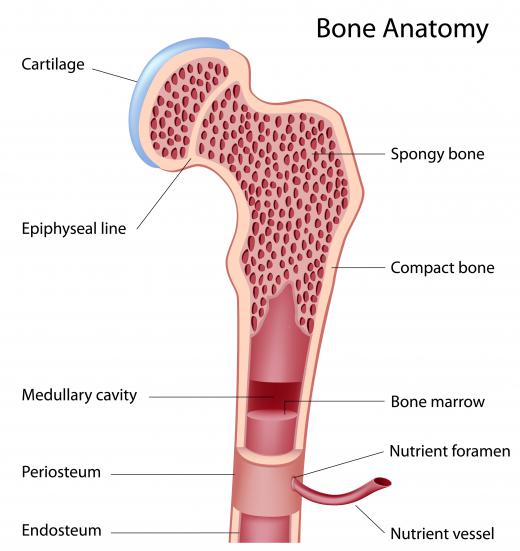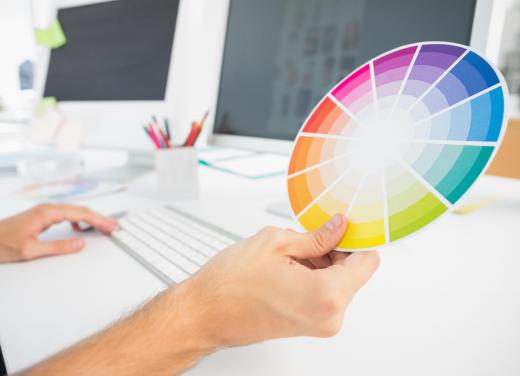What is Medical Illustration?
Medical illustration is a medical, scientific, and artistic field in which artists produce detailed visual materials for use in other medical or scientific fields. Medical illustrators use many methods to produce their illustrations, from hand-made diagrams to intricate computerized images. For hundreds of years, people have been producing medical illustrations to aid in the recording, practice, and dissemination of medicine and medical knowledge. Today, medical illustration appears in myriad locations; textbooks, medical journals, instructional animations, computer programs, and medical lectures all frequently include medical illustrations.
To do their work in medical illustration, medical illustrators must have extensive skill and training in science and in art. Generally speaking, an artist would have a difficult time reproducing something he did not understand, so extensive knowledge of science is needed to supplement the significant artistic skill requirements of the field. As such, the field of medical illustration is quite exclusive; only talented artists with a deep understanding of science tend to succeed in the field.

High school students considering a career in medical illustration are encouraged to take classes focusing on art and science. In college, students generally focus on art and biology. Art classes should focus on everything from color theory to painting to life drawing, and biology classes must be as rigorous as those required for a science major. Students are then generally required to seek a master's degree in medical illustration. Very few schools have such programs, which include advanced classes on anatomy, art, and other related topics, so entrance into these master's degree programs is very competitive.

Medical illustrators tend to work closely with other medical professionals to produce exactly the kinds of medical art that are needed. This is especially true in experimental medicine and in medical research, as new illustrations are needed to record and describe new findings. Medical illustrations, then, are commonly used to spread new findings in medicine and science. Diagrams, drawings, and animations make the workings of medical and biological systems far easier for most people to comprehend.

The professional organization for medical illustrators is the Association of Medical Illustrators (AMI). It was founded in 1945 and incorporated in Illinois. The AMI functions to promote and advance the study and practice of medical illustration. It also works to ensure that the importance of medical illustrators is understood by the rest of the medical community. Members of the AMI function in all areas of the medical illustration field, from actual artistic production to education.
AS FEATURED ON:
AS FEATURED ON:














Discuss this Article
Post your comments